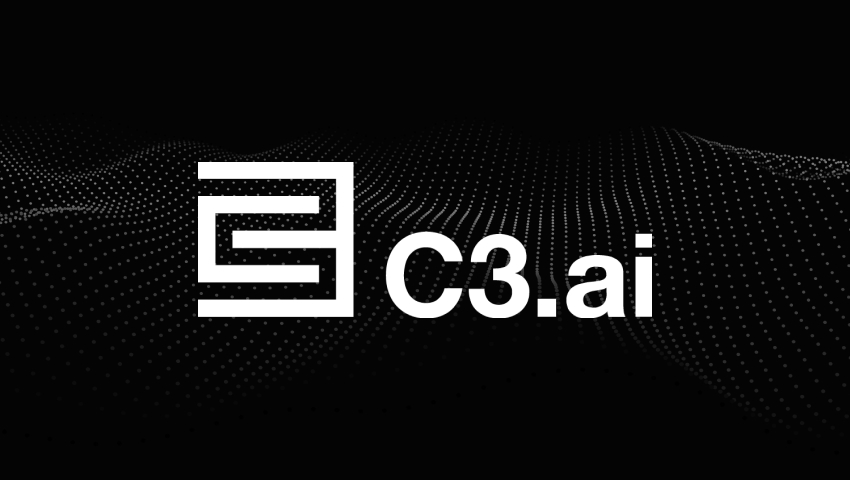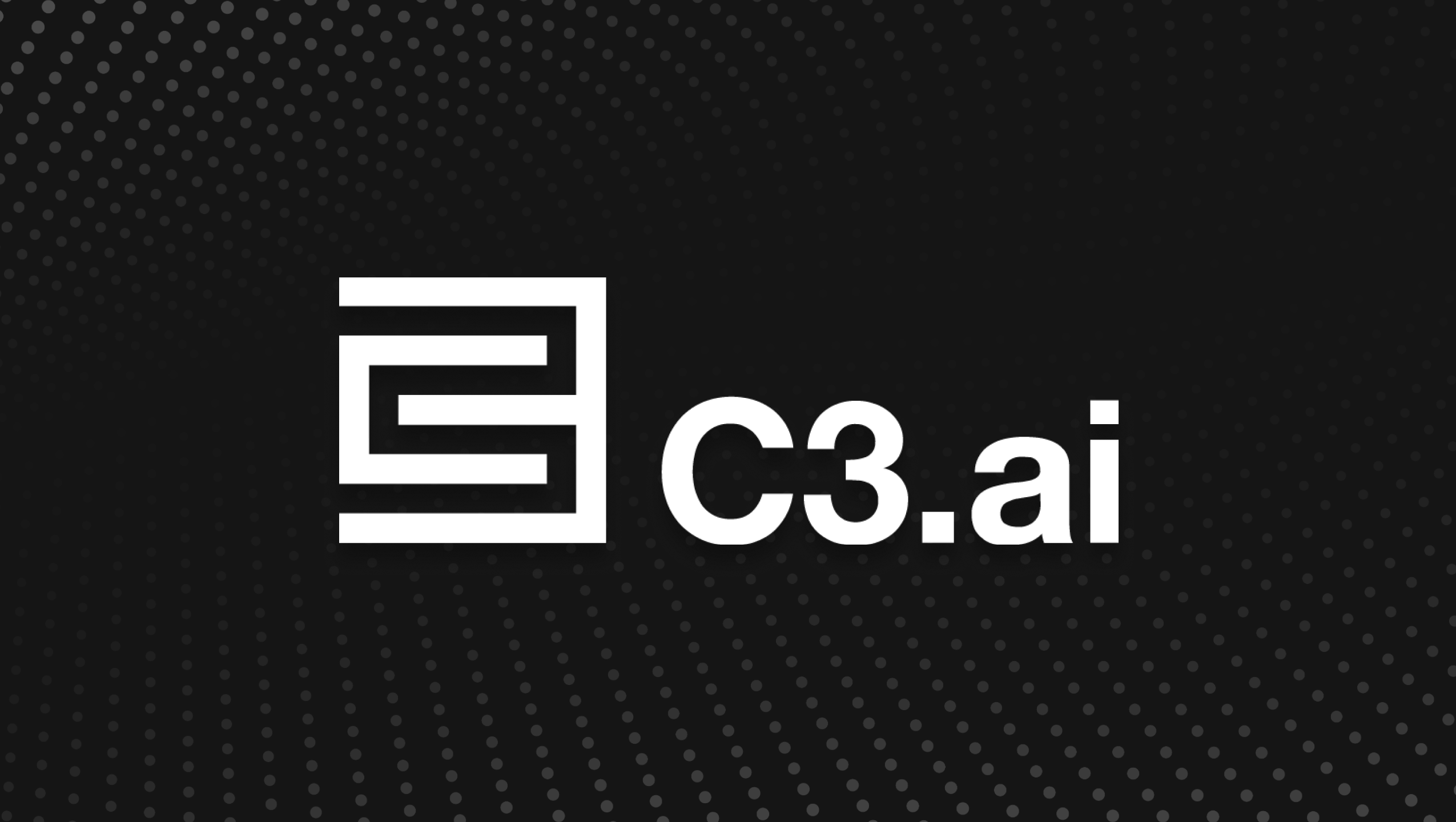Larry Dignan of ZDNet caught up with Tom Siebel to talk about next-gen CRM systems, C3.ai’s Digital Transformation Institute, the C3 AI COVID-19 Data Lake, education’s next innovation and why social media firms need to be regulated.
C3.ai CEO Tom Siebel is rarely short of opinion and his next big bet is that artificial intelligence is going to drive CRM software in a new direction.
Fresh off a partnership with Microsoft and Adobe to meld data, CRM and AI, we caught up with Siebel to talk about C3.ai’s Digital Transformation Institute, COVID-19 data lakes, education’s next innovation and why social media firms need to be regulated. The full interview is in the video.
Here are some of the takeaways from my interview with Siebel.
THE C3.AI-MICROSOFT-ADOBE PARTNERSHIP AND CRM’S FUTURE
Siebel said the next phase of CRM revolves around building machine learning models and an interface that puts AI in front. C3.ai is a layer on top of Microsoft Dynamics, Azure and Adobe Experience Cloud. The joint effort will target industries such as oil and gas, utilities, manufacturing and healthcare.
Siebel, who commercialized CRM in the 1990s with Siebel Systems, said: “The next generation of this is clearly about applying AI to CRM. If we look at McKinsey Global Institute, they predict that the largest impact of AI will be on sales, marketing, and customer service, delivering up to $3 trillion in economic benefit a year. So clearly, this is the next generation of CRM. The market is demanding the solution from us. There does not seem to be such a solution in the market, so we’re going to meet the customer requirements.”
COVID-19 RESEARCH AND C3’S DIGITAL TRANSFORMATION INSTITUTE’S NEXT TOPIC
C3 created a COVID-19 data lake that aggregates the 40 largest data sets on the virus. So far, there are 3,000 researchers accessing that data set daily. A COVID-19 grant challenge is also run by C3 and Microsoft. “I am confident that we will make very substantial contributions to the body of knowledge of this disease so that our policymakers can make better-informed policy decisions,” said Siebel.
Next up for the Digital Transformation Institute will be education. Siebel said: “Within the next two months, we’ll be announcing the second call for papers, which will be about applying AI to distance learning. We’re going to see important breakthroughs that facilitate distance learning that will have a long-term positive impact both on primary education, secondary education, advanced education, and education in the workplace. We will be issuing a call for papers for people to develop AI techniques to really facilitate that game and move the ball forward in very significant ways in distance learning, and so we’re very excited about that.”
DISTANCE LEARNING WILL GET A BREAKTHROUGH BEYOND WHAT’S AVAILABLE TODAY
Siebel said the move to remote work means more focus will be paid to educational technology and using AI to personalize content and learning.
He said: “I think we will see the equivalent of the Mosaic browser spun out of the University of Illinois in the mid-90s that led to Google and everything else. I think we’re going to see the equivalent of the internet browser as it relates to distance learning, and it will change everything. It will make it more interactive, more intimate, and certainly tailor curricula to meet the specific needs of each learner.”
ENTERPRISE AI VS. GENERAL AI AND SOCIAL MEDIA
I asked Siebel about enterprise AI and how it’s used vs. other forms. He put AI into three buckets.
Here’s his take: “I think of the AI world as divided into three parts: There is this thing called AGI, or artificial general intelligence, which gets us to deep mind and whatnot, and this is the idea that we’re developing machines that can operate that are in fact smarter than human beings. This leads to these dystopian stories about the smart refrigerator taking over a house and what have you. I don’t think we need to worry about that development happening anytime soon. It’s certain that we can develop computer programs today that will do any one task better than a human being, but the idea that we’re going to have computers that can do a multiplicity of tasks in a way that’s superior to the capability of a human being, including drive a car, play Go, play jazz, play bridge, okay, and bake a cake, I think is highly unlikely to happen anytime in the next couple of decades.”
“The second application of AI that is perhaps the most common use of AI is the use of AI by social media, and I think this has been used in highly malevolent manners to basically manipulate billions of people around the world at the level of the limbic brain. So this has to do with fueling addictive behavior associated with the release of dopamine which is, as you know, a neurotransmitter that fires the pleasure center of the brain. Now we have the social media companies that are manipulating billions of people very successfully there with this addictive behavior, whether it’s liking Instagram or whatever it may be. This is leading to, in my opinion, a huge public health problem, particularly amongst teenagers and younger people, loneliness, depression, suicide, self-image issues amongst men and women. So I think that’s very troubling.”
“The second aspect that we have with the use of AI and social media is we’re seeing these technologies be weaponized by bad actors, and the social media companies are doing nothing about it. Bad actors could be China, North Korea, whoever it might be.”
“The third really problematic area that we’re seeing in the use of AI by the social media giants is the use of AI to filter the information that’s available to us, and the news is most certainly filtered. The way that these algorithms work is they tend to serve up the news that you want to see.”
“The third type of AI, which is where we play, is the application of artificial intelligence to business and industrial processes. So this has to do with things like supply chain optimization, inventory optimization, demand forecasting, fraud detection, precision health, and these are areas where whether it’s mitigating pandemic, okay, using AI to mitigate pandemic as we do in the Digital Transformation Institute, or whether it’s production optimization for people who make COVID ventilators, or whether it’s cash management and margin lending in a bank, these are highly socially and economically beneficial applications and that’s what we talk about when we talk about enterprise AI, and that’s what C3.ai does.
Regarding social media’s use of AI and algorithms, Siebel said ultimately the government is going to have to regulate it.
“We have social media companies today that are candidly more powerful than the governments that regulate them and I think they’re acting in highly irresponsible ways, and this does need to be addressed,” said Siebel.
Read the full article here.


